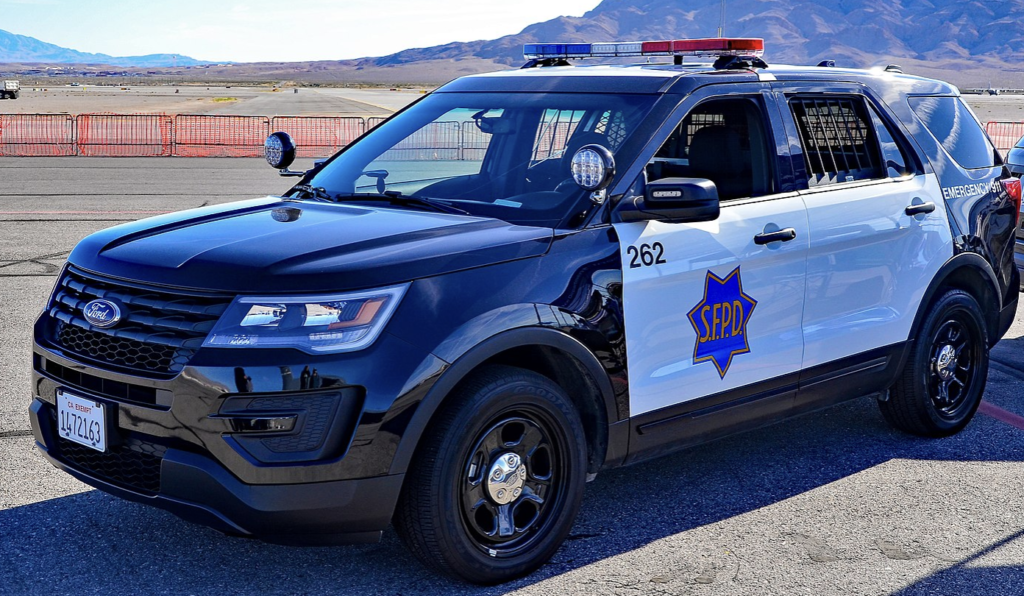We got a little clue about the politics of the new Board of Supes today when the board voted 7-4 to confirm Cindy Elias to another four-year term on the Police Commission.
The move comes a day before the commission is set to adopt a new policy limiting so-called “pretext” stops used by the cops to hassle Black and Brown motorists.

Mayor London Breed was unhappy that Elias became commission president, and doesn’t want the panel to adopt the reforms, which Elias has consistently supported.
Sup. Matt Dorsey, who had been appointed by the mayor before winning a full term in November, said he wanted to see more police activity around arresting dealers of Fentanyl, and that he wanted to see the drugs confiscated and the dealers off the streets. Because he said he didn’t see Elias as an ally in that effort, he wasn’t going to support her.
Sup. Myrna Melgar then noted that the Police Commission doesn’t set sentencing guidelines for convicted criminals, nor does the commission determine who is released while awaiting trial.
The vote: Dorsey, newly elected Sup. Joel Engardio, Sup. Rafael Mandelman, and Sup. Catherine Stefani all voted No. The remainder, including Sup. Ahsha Safai, who often votes with the more conservative members, voted to confirm.
Worth noting that Safai, by all accounts, is considering a challenge to Mayor London Breed next year.
Meanwhile, the Police Commission, which has four appointees of the mayor and three appointees of the supes, is set Wednesday/8 to vote on what advocates call “the most comprehensive policy in the country to address racially-biased traffic stops.”
The policy would bar the local cops from using minor issues—say, a license plate that isn’t property attached—from pulling a driver over and then seeking to search the person or the vehicle.
It goes further: The policy would ban SF cops from some types of low-level traffic stops, since most of the people stopped under those codes are Black and Brown.
Serious traffic violations, like speeding, failing to yield to pedestrians, running stop signs or red lights—the stuff that actually poses a threat to public safety—aren’t impacted by the policy:
Let’s start with some basics here: the policy that some commissioners are promoting are neither radical nor out of step with the data or with what other communities are doing.
It aims to take the cops, to the extent possible, out of traffic enforcement, since the data on that is very clear: Of the moving violations SF cops issued in the past few years, the overwhelming number have gone to Black and Latino drivers.
At the Police Commission last week, Jacob Denney, who is the economic justice policy director at SPUR (and before you gasp at his current affiliation, which does not have a history of supporting economic justice, Denney has a long and distinguished career in the field), presented devastating data:
Black drivers are five times more likely than white drivers to be stopped for a traffic violation, and most of the time there is no actual citation issued (that is, the cops just pull the drivers over and hassle them but find no legal ground to write a ticket). Most Black traffic stops involve minor issues like improperly displaced license plates; most white people are only stopped for things like speeding and failure to yield to pedestrians—violations that could actually hurt someone.
Four of the commission members have supported the new policy, including Elias, who is the president; Max Carter-Oberstone, who is a Breed appointee but a leader in advocating for the new rules, will be at a press conference Wednesday morning with more than 100 community groups and leaders urging the panel to vote for the changes.
The commission meeting starts at 5:30pm.





